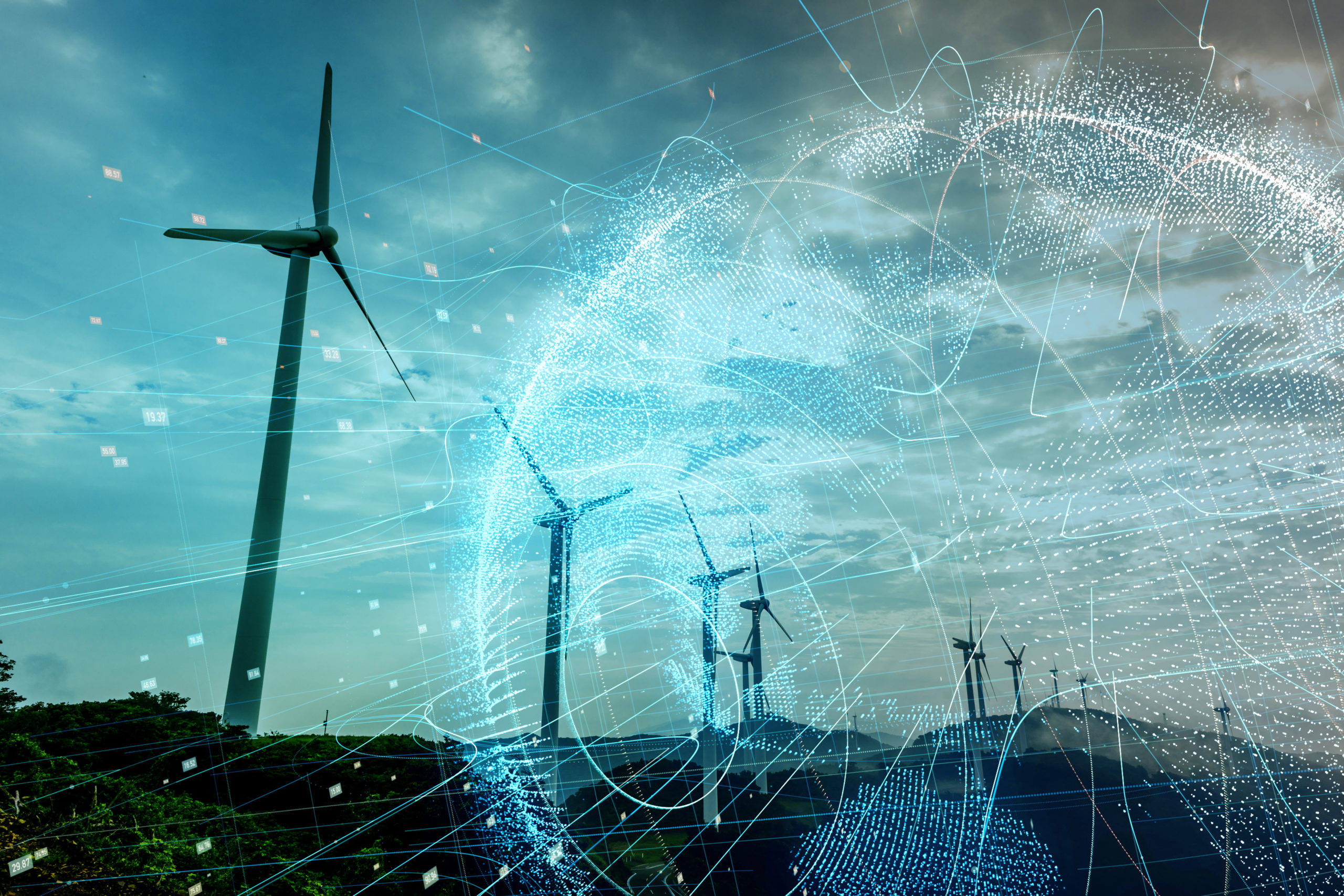BlueScope FY23 Sustainability Report
BlueScope – delivering sustainable outcomes
In its recently published FY23 Sustainability Report, global steel manufacturer, BlueScope, demonstrates how it is focusing its actions to deliver on its five sustainability outcomes. Key insights follow.
Climate action
BlueScope remains committed to actively addressing climate change and investing in greenhouse gas (GHG) emissions reduction to transform its business for long-term success.
Iron and steelmaking transformation will be dependent on the key enablers that underpin its 2050 net zero goal[1], including, technology evolution, access to raw materials and firmed, renewable energy, hydrogen availability and supportive policies.
In FY23 BlueScope achieved an 8.0% reduction in steelmaking GHG emissions intensity since FY18[2].
In a major leap forward, BlueScope has announced its intention to build a new electric arc furnace at New Zealand Steel’s Glenbrook site. With a target to be operational by 2026, this NZ$300 million project will be co-funded by the New Zealand Government and will reduce New Zealand Steel’s Scope 1 and 2 greenhouse gas emissions by at least 45 per cent.
In Australia, BlueScope has continued to progress exploration of lower-emissions iron and steelmaking technologies. This includes its collaboration agreement with Rio Tinto and completion of a concept study into Direct Reduced Iron (DRI) melter technology. BlueScope has also expanded technology collaborations with global steelmakers, such as thyssenkrupp, Tata Steel and POSCO.
As the business broadens its review of the most likely decarbonisation options for ironmaking in Australia, the reline and upgrade of the No.6 Blast Furnace at the Port Kembla Steelworks, NSW will provide the bridge to a low carbon future.
Responsible products and supply chains
Following the certification of the Port Kembla Steelworks to the ResponsibleSteel™ Standard in 2022, BlueScope’s Western Port site in Australia achieved ResponsibleSteel™ site certification in September 2023. ResponsibleSteel™ is the steel industry’s first global independent multi-stakeholder standard and certification program.
BlueScope publishes Environmental Product Declarations with the EPD Australasia Programme. Select products are also certified to the following programs: GreenTagCertTM GreenRate™, Eco Choice Aotearoa, Declare and Sensitive Choice®.[3]
BlueScope is creating strength for Australia’s renewable energy future, providing locally-made steel for major wind farm projects. A typical individual wind tower can include up to 300 tonnes of steel plate, averaging approximately 60 tonnes of steel for every megawatt (MW) of wind electricity generation.[4]
BlueScope continues to work with its customers to understand and meet growing demand for products and solutions that support their sustainability objectives and to collaborate with industry through key organisations such as the Infrastructure Sustainability Council.
Strong communities
In Australia, BlueScope continues to progress a range of initiatives as part of its First Nations Framework. Priority areas of focus include finalising employment and procurement strategies, with work underway to collaborate and engage with First Nations businesses in the Illawarra, NSW.
In New Zealand, BlueScope works closely with the Ngāti te Ata iwi to identify historical places of significance on and adjacent to the steelworks site. With members from Ngāti te Ata, BlueScope is working together to reduce soil erosion risks.
To view the full report, click here
[1] BlueScope’s net zero goal covers BlueScope’s scope 1 and 2 GHG emissions.
[2] FY18 is the baseline year for BlueScope’s steelmaking target of a 12% reduction in GHG emissions intensity by 2030.
[3] For more information see Sustainability Data Supplement FY23 bluescope.com/reports
[4] BlueScope analysis conducted in 2020/21 based on underlying energy needs to meet 2030 state renewables targets. See BlueScope’s Climate Action Report at bluescope.com.

